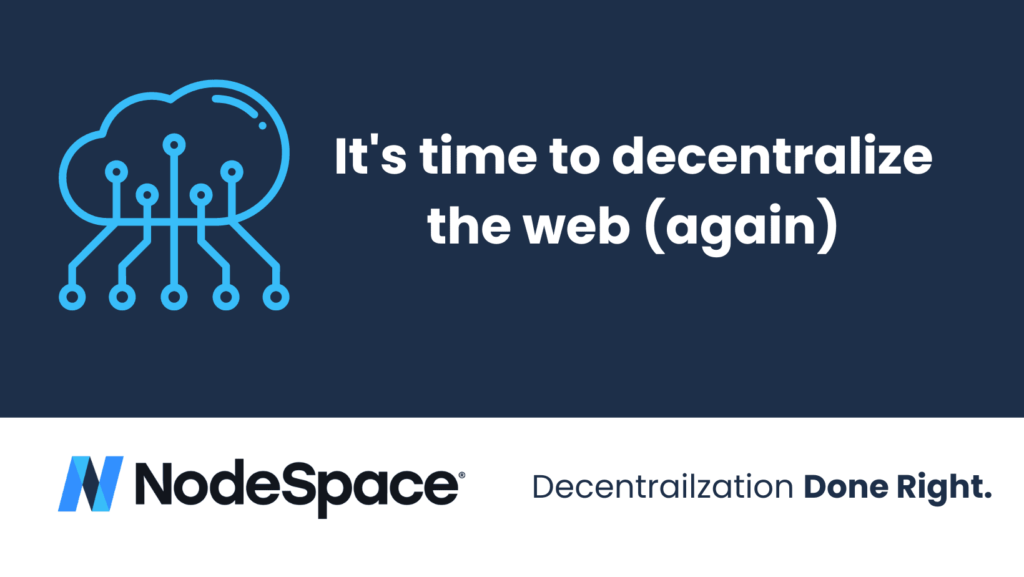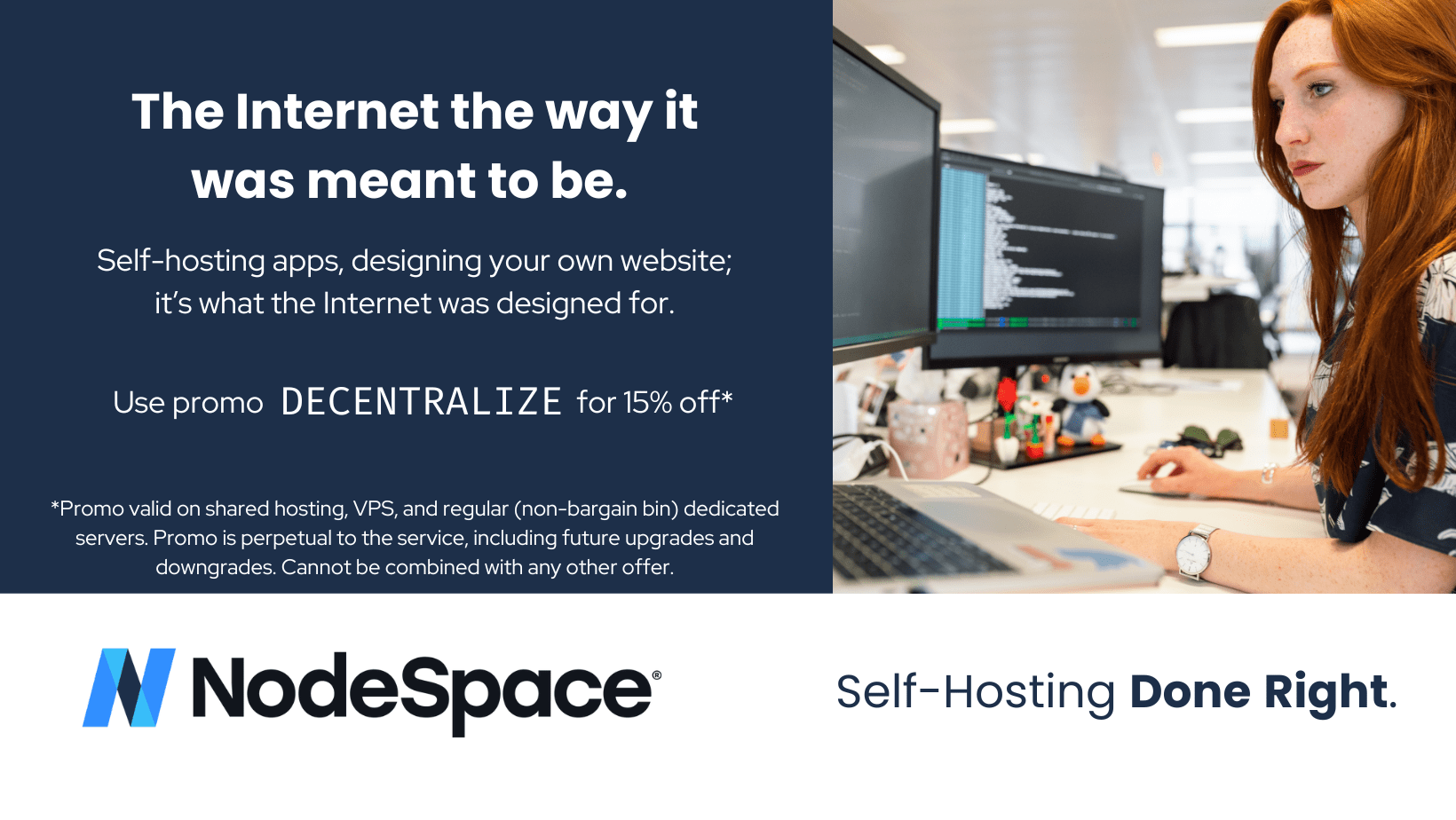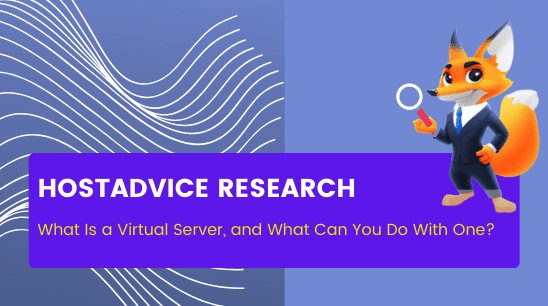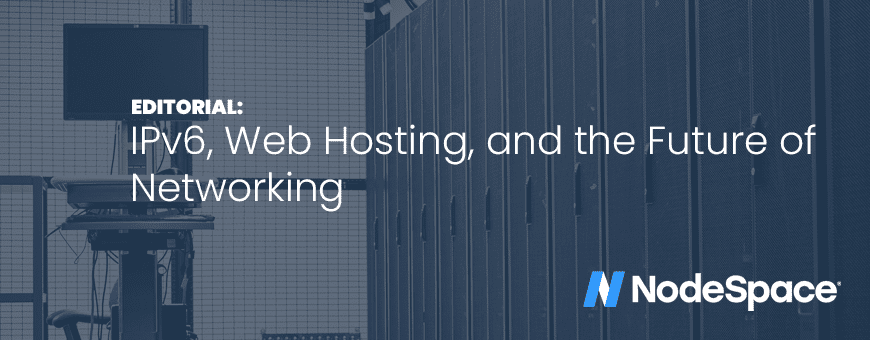This week, over 8,000 subreddits, which are individual communities part of the social site reddit, went dark. That is, they went private for 48 hours to protest reddit’s API changes that would leave third-party apps on the hook for bills upwards of $20 million per year. But this post isn’t about that. This post is about why it’s time to decentralize the web (again).
The Pros of Centralized Services
I want to start out by immediately addressing why centralized social media such as reddit, Facebook, and service platforms like Discord and Github have taken off and become large.
They’re free to use.
This is obvious. I know many small groups, some of which I was personally a member of, gave up their own website for a Facebook group or a subreddit simply because there’s no cost associated. No domain name to pay for. No web hosting costs. No bandwidth fees. Basically infinite scaling. If you have two million members, that bandwidth is on reddit and Facebook, not you. Likewise, data storage can add up. It’s easy to throw files on someone else’s platform.
If you’re a developer, hosting your code is easy and free on Github. You can use as much disk space and bandwidth as you want. Afterall, Microsoft’s pockets are deep. If you want to host a discussion community, it seems natural to just go the Discord route. After all, you get a free server that has voice and screen sharing available, too.
There are a lot of eyeballs.
Growing a brand, group, club, etc. is easier on places like reddit, Facebook, and Discord. These services are large already. Even back in the early 2010s, Facebook was fairly large and nearly everyone you knew had a Facebook account. These places also have algorithms. If people start liking, commenting, and sharing a profile or post, they’ll start ranking it towards the top where more people will see it – even if they’re not subscribed or following. Likewise, it’s easy to find people with a lot of similar interests. Typically, these services learn what you like and then start suggesting new things for you.
They’re just easy.
No code. No fuss. No software upgrades. No domains. No SSLs. Just type, click, post, done. Customization is also usually limited too, so all you need is a couple of graphics. CSS? I’m good.
The Cons of Centralized Services
What would pros be without the cons? As great as centralized services are, they have their drawbacks. And the last 12 months should be a real eye opener to many that things can very quickly change for the worse.
Your data is their data.
But wait, I posted it. It’s mine. Well, kind of. See, when you post content to reddit or Facebook, you drive their value up. It causes more people to join and interact and then post their content further driving the cycle. Since more people are on the site, they start to run more ads. Not just more ads, but attract bigger paying advertisers. Remember when YouTube ads used to be low-quality? That was back in the early 2010s. As YouTube built up, the ads slowly became higher quality as bigger advertisers spent more to out-bid the smaller advertisers. So when you post your knowledge to reddit or Facebook, they profit off of your content. Whether it’s an ad displayed on your content or just in general. You don’t see a penny. Your interactions boost advertiser spend. You don’t get paid. Moderators of communities are doing $60k, $70k+ jobs for free. And while you’re moderating your community, the company running the site just got paid.
Things change fast. Sometimes for worse.
In April of 2022, Elon Musk said he was going to buy Twitter. In October, he took it over. Twitter has been falling apart ever sense. People love their short-form social media or “microblogging” so many moved to Mastodon on the Fediverse. We did too. We launched our own Mastodon server, nodespace.social, and we put our corporate accounts on it. We rarely post to Twitter now knowing that our data is Elon’s data.
Besides a take over of a company, companies can also shut down. Nothing lasts forever. Even companies. Remember Friendster? They’re gone. MySpace? They exist, but… yeah. GeoCities? That place was hot back in the day. The point is, any of these companies can get bought out, taken over, or even just go bankrupt overnight.
Since they also control the software, they could introduce breaking changes overnight as well. Maybe they remove a feature you relied on. Or change a feature so that it’s fundamentally different than what you were using it for.
And sometimes, companies decide they’re no longer interested in maintaining the thing you’re using. Remember Google+? Yeah, we had a Google+ page. Google shut down Google+ pretty quickly. Facebook could do the same to groups or anything else.
Privacy is not in their vocabulary
Sure, they have a privacy policy. But do they really mean it? Doubtful. These services use you as the product for advertisers (see “Your data is their data”). Everything in your profile, on your page, in your group, is used to sell to advertisers. Yes, even the device your using. Did you know that through Facebook advertising, we could easily target small business owners in Nebraska who like Toyota cars, who just bought a new home, and like to travel? That’s not one of our demographics, but we absolutely could. And how do we know they’re a small business owner in Nebraska who likes Toyota cars, just bought a new home, and likes to travel? From the information they provided.
You listen to corporate – whether you like it or not
Remember back when Tumblr banned adult content from their service? Imgur even instituted a similar rule. Heck, Reddit’s API changes won’t allow adult content through the API – or at least it would be severely limited. And if your community is something that they – or advertisers – don’t agree with? You can get shadow banned or even removed. Some of these services are more liberal than others, but they usually act in their advertisers best interest.
Single point of failure
Centralized services are also single points of failure. Ever notice when AWS has issues, you might hear about it on the news? That’s because so many companies put all their eggs in one basket. If AWS goes down, a lot of the Internet goes down. Same thing with Cloudflare. While Cloudflare is great (we even use them!), when they have issues, they take down the majority of the Internet. What would happen if Cloudlfare decided to sell out to another company? Or if they weren’t interested in the business anymore and shut down?
The Web is designed for decentralization
Now that you have an understanding of these services, you might be wondering why and how to decentralize the web. It’s important to remember that this global network was created so that governments and universities globally could share information. They could have a web server that hosts research others could connect to. A FTP server so that files could be downloaded. That’s why the web exists. That’s why it’s designed this way.
One of the great things about decentralization is that it means your data is portable. If you start a website with us and then a year later decide we’re not the host for you, you can migrate to another hosting provider. Or even just a server you run yourself. If you decide that Google or Microsoft shouldn’t host your email and read your email, you can easily launch a mail server with us.
One of the best things about owning your own website is that you can run your own advertisements on it. When you run your own ads, you get paid for your content. While the ad network will also get a significantly larger cut, it’s still possible to make decent money. Especially if you have a very popular site.
It’s time you stop posting your data on service that will only profit off of it. Instead, use a provider like us to launch a website, run your own services, and take back the web from Big Tech!




